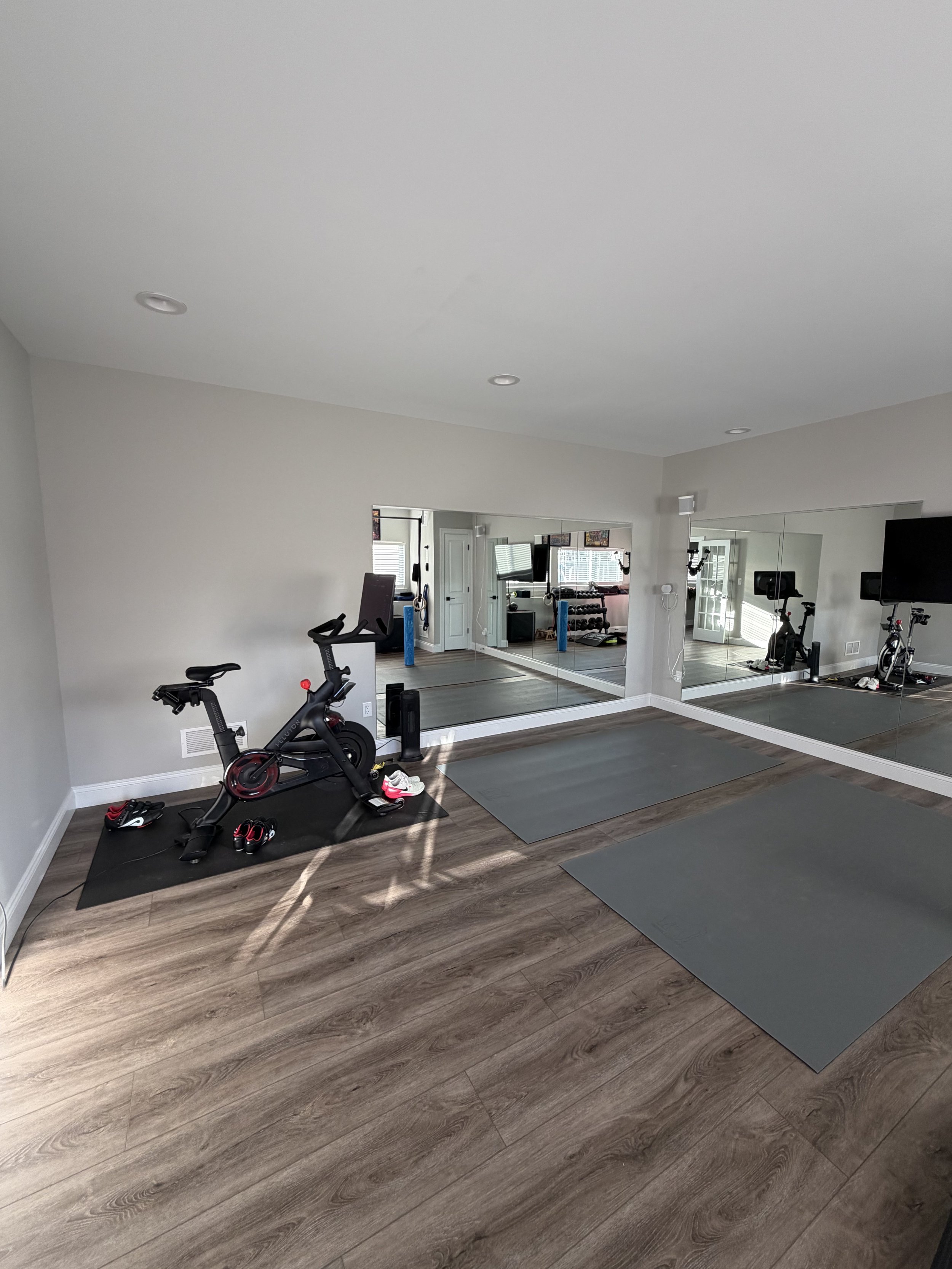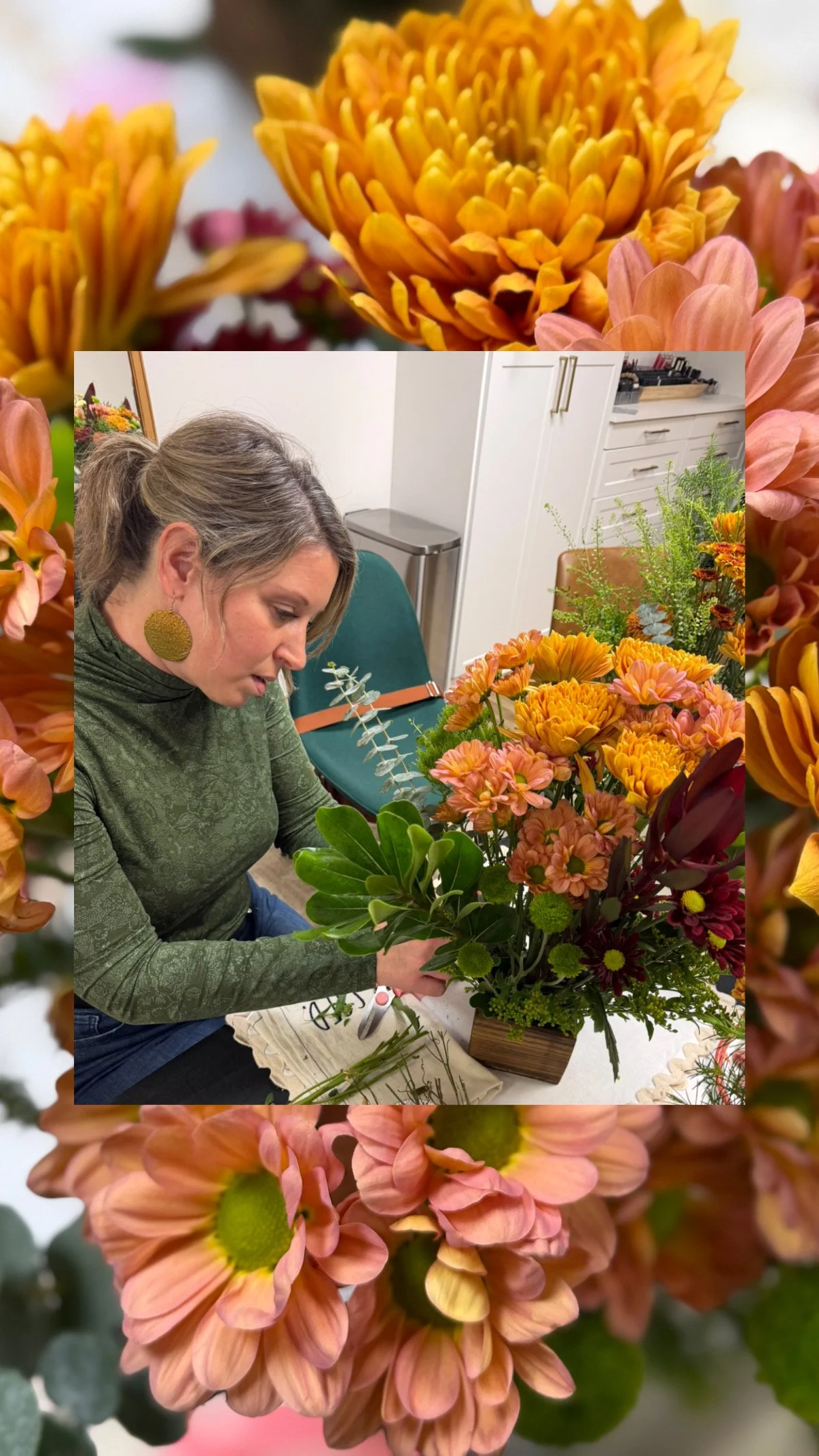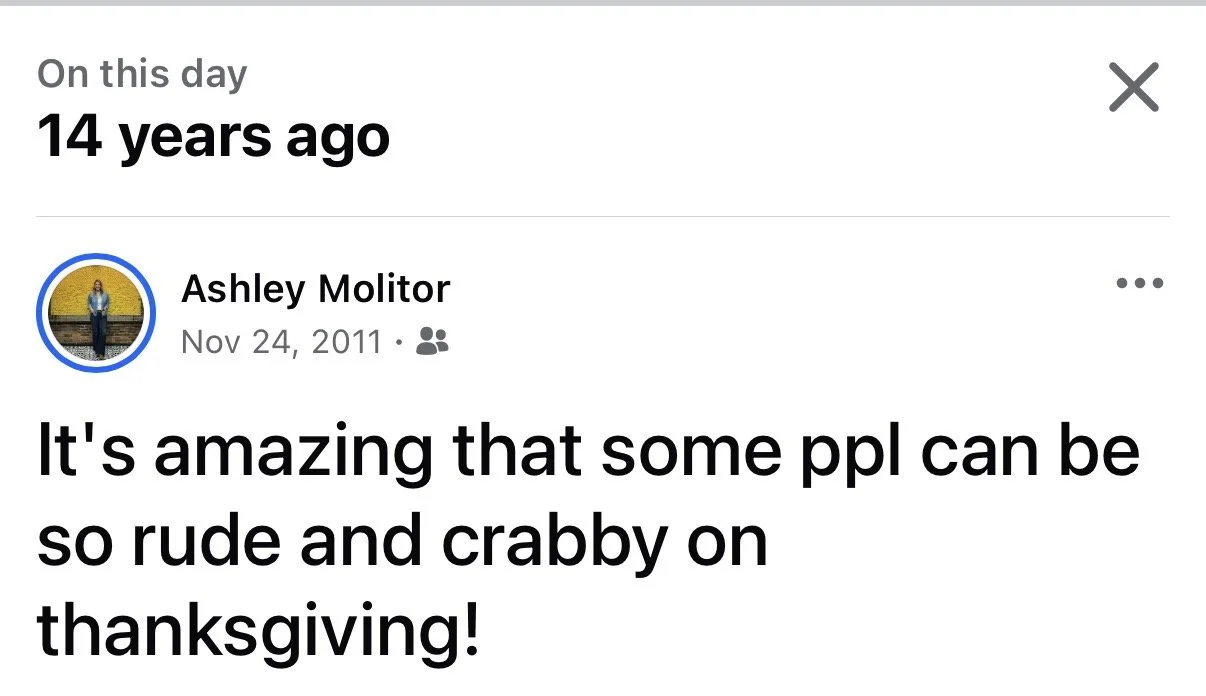There’s a message floating around online right now that sounds empowering on the surface but quietly messes with friendships, especially for women running businesses online.
It goes something like this:
“If your close friends don’t like, comment on, or share your content, they’re not real friends.”
And a lot of women are absorbing that message without ever stopping to question it.
So let’s pause for a second and actually look at what’s happening here.
This Is an Unspoken Rulebook (No One Agreed To)
That message creates an invisible rule: “My close friends should show up for me on social media.”
But here’s the problem-that rule was never discussed. Never agreed to. Never signed off on…
It’s just assumed. And when reality doesn’t match that rule, when your friend doesn’t like your post, comment on your reel, or share your launch, your brain fills in the meaning:
“They don’t support me.”
“They’re not a good friend.”
“If they really cared, they would show up.”
Not because of what they did or didn’t do. But because of what you made it mean.
That’s where resentment sneaks in, distance gets created and friendships quietly start to feel strained.
Friendship Wasn’t Meant to Be Transactional
When we tie friendship to online engagement, things get weird fast.
It turns into:
You comment on my post = loyal friend
You skip my content = bad friend
Friendship is deeper than likes, comments, or shares.
Your closest friends can:
Love you deeply
Believe in you
Be proud of you
Cheer you on in real life
Ask about your work
Support you privately
…and still not engage with your content online.
That doesn’t make them unsupportive. It makes them human.
Your Friends Don’t Owe You Their Time Online
You cannot manage other people’s actions. You CAN manage your thoughts about their actions.
Your bestie isn’t scrolling socials at night thinking: “Must share all my friends’ posts!!”
She’s thinking about her kid’s dance recital, or grocery lists, or absolutely nothing because she’s exhausted and numbing out. People get online for their stress relief, their interests, their fun. Not to market your business.
And they shouldn't have to.
Social Media Is Really Good at Handing Us Stories
This is the part I want you to sit with: Social media is excellent at giving us expectations we didn’t realize we were carrying.
It hands us stories like:
Support should look like this.
Friendship should show up this way.
If they cared, they would…
And unless you pause and question those stories, you’ll carry them straight into your relationships.
Ask yourself*:
Is this something I want to believe?
Is this a rule I actually chose?
Is carrying this story helping me feel more connected—or more resentful?
Just like movement isn’t only valuable if it changes your body, friendship isn’t only valuable if it boosts your business. They don’t need to be tangled together to be important in your life. Separate the two.
You can feel supported without tracking engagement.
You can let support look different without making it mean something is wrong.
Your mind will feel lighter.
Your relationships will feel cleaner.
And you’ll stop letting the internet quietly rewrite the rules of your life.
*You might ask yourself these questions and decide you do want to believe this. You might decide it is a rule you want to live by and that’s okay.
I’m not here to tell you which side is right or wrong.
I’m here to show you how silently carrying a belief without questioning it or choosing it intentionally can start shaping your thoughts, your relationships, and your experience without you realizing it.



